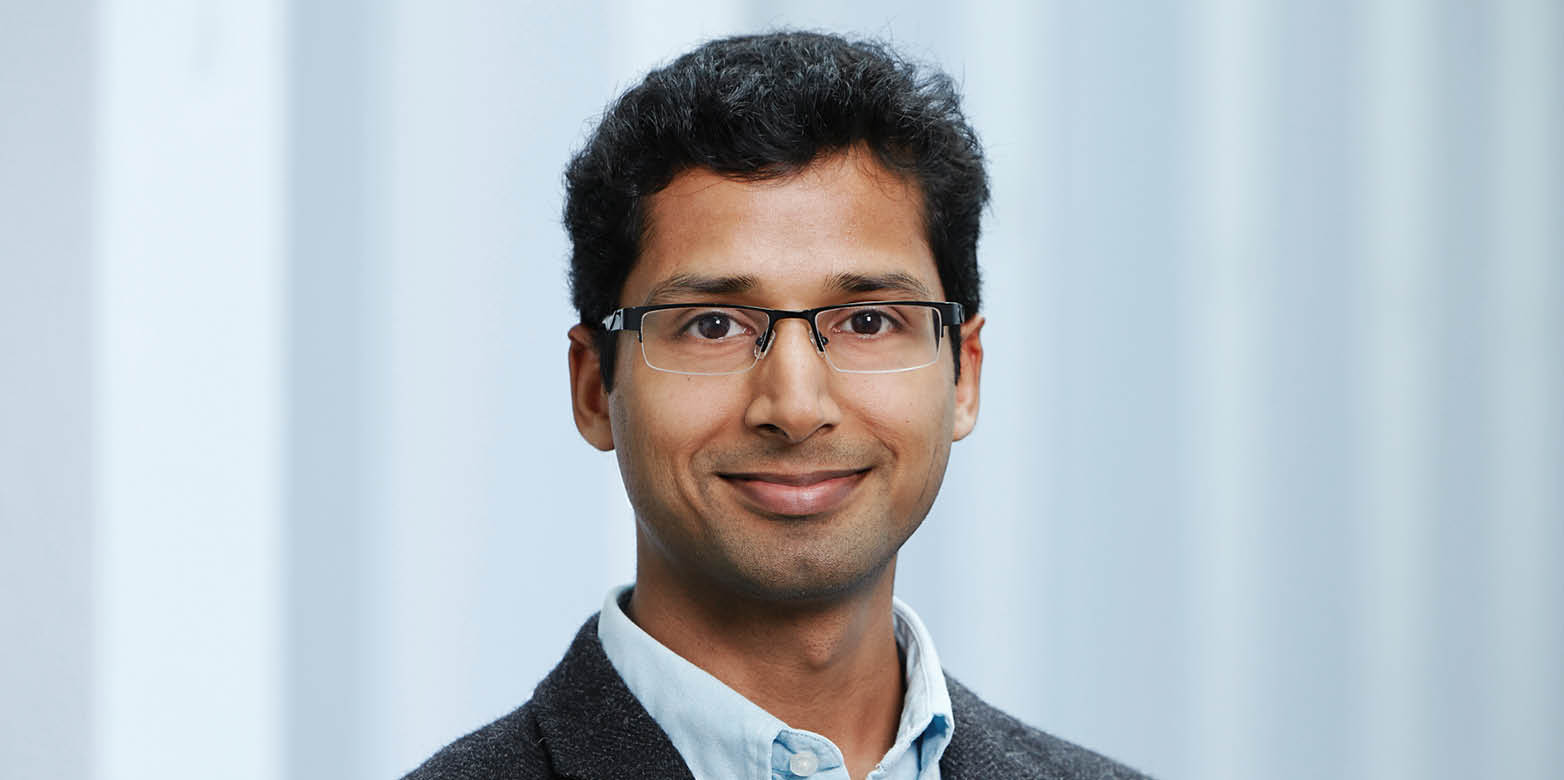Professor Singla, welcome to ETH
Ankit Singla joined the Department of Computer Science as a Tenure Track Assistant Professor at the beginning of 2016. He joins us fresh from his doctoral research at the University of Illinois, Urbana-Champaign, USA. His research interests are in the areas of computer networks, including internet architecture and data center networks, with particular regard to the efficiency of networking infrastructures and protocols.

We welcome you to ETH, ProfessorSingla. What led you to decide to take up this professorship at our university? Please describe your initial impressions of ETH when you came here for your interview.
Thank you, I’m excited to be here! My interest in independent long-term research, and teaching led me to an academic career. I picked ETH because of a combination of an extremely strong computer science research program, the resources available to faculty, and the excellent students. The beautiful location might also have played a small role. The interview visit cemented this impression — I was probed and challenged by the faculty and the students, which is a good sign for an intellectually rich and open environment!
How do you intend to bring in your background and experiences to strengthen our department?
Advances in computer networking have had and will continue to have a tremendous impact on industry and science, and even on how we interact with computing. My research interests cover a space that fits well with the existing strength in the department’s systems area, covering a lot of new ground, but also enough overlap to generate interesting avenues of collaboration with my colleagues. In addition, I have enjoyed working with theorists in the past, and hope to strengthen the systems-theory connection. I’m also helping rethink the department’s networking teaching at all levels.
What are your current research interests?
One key thrust of my present work is designing a speed-of-light internet. Our measurements show that fetching even a small object over the internet, is in the typical case, more than 30 times slower than dictated by the fundamental limit on communication speed — the speed of light. We’re exploring how to close this large gap and the potential consequences of such an advance. We are starting by quantifying the various factors responsible, and then designing ways to overcome them.
Another broad direction I work on is the design of data center networks. Every popular web service today, like Google, Bing, Amazon, Facebook, etc. is supported by a large data center. Some of these data centers have tens of thousands of servers connected into a network. These servers work together on computer tasks that enable web services, as well as scientific and industrial applications. This requires the servers to be connected over a high-capacity communication network, the design of which poses interesting research questions which I work on.
How would you hope your teaching style will benefit the students in your new department?
In my teaching, I incorporate real-world examples of deviations from the previous state-of-the-art, what factors drove those changes, and encourage discussion around what might come next. I will be setting up class assignments as both competitive and collaborative — groups of students might compete to design the best network, build the most performant protocol, etc. One of the key goals is also to share my excitement about networking, and more broadly, computer science, and hope to get more students interested in networking research!
What do you look for in a PhD student who wants to work under your supervision?
I want my PhD students to be highly motivated, willing to learn, and willing to take some risks in their choice of projects. Good grades help, but in the end, there should be evidence that they took their training as undergraduate and Masters students seriously — if they didn’t have good grades, perhaps they produced some interesting research, software, or other artifact that occupied their time meaningfully. I’ve also put out some specific project ideas which can help students assess their interest in my work (http://www.systems.ethz.ch/restricted/MT_STprojects_pdfs; accessible with ETH authentication) — ultimately, we have to find something we can enjoy working on together.